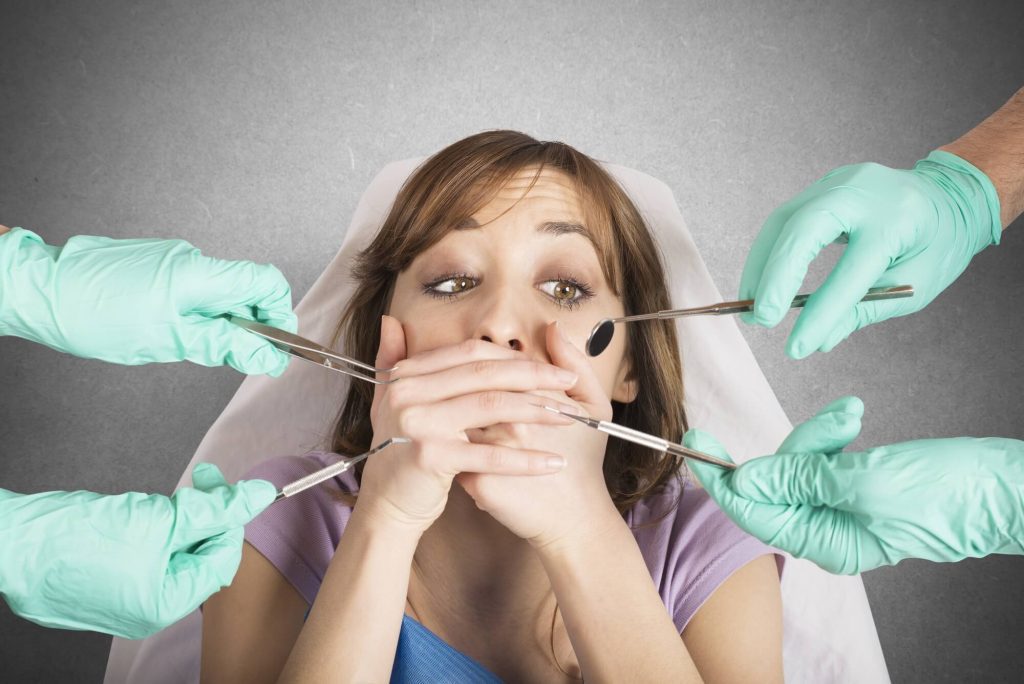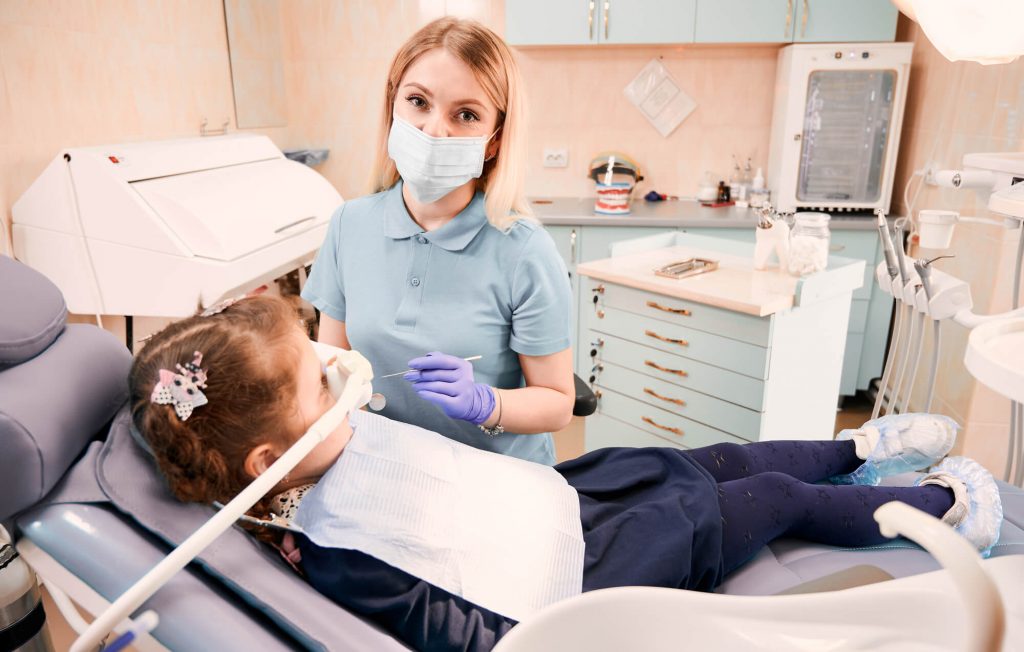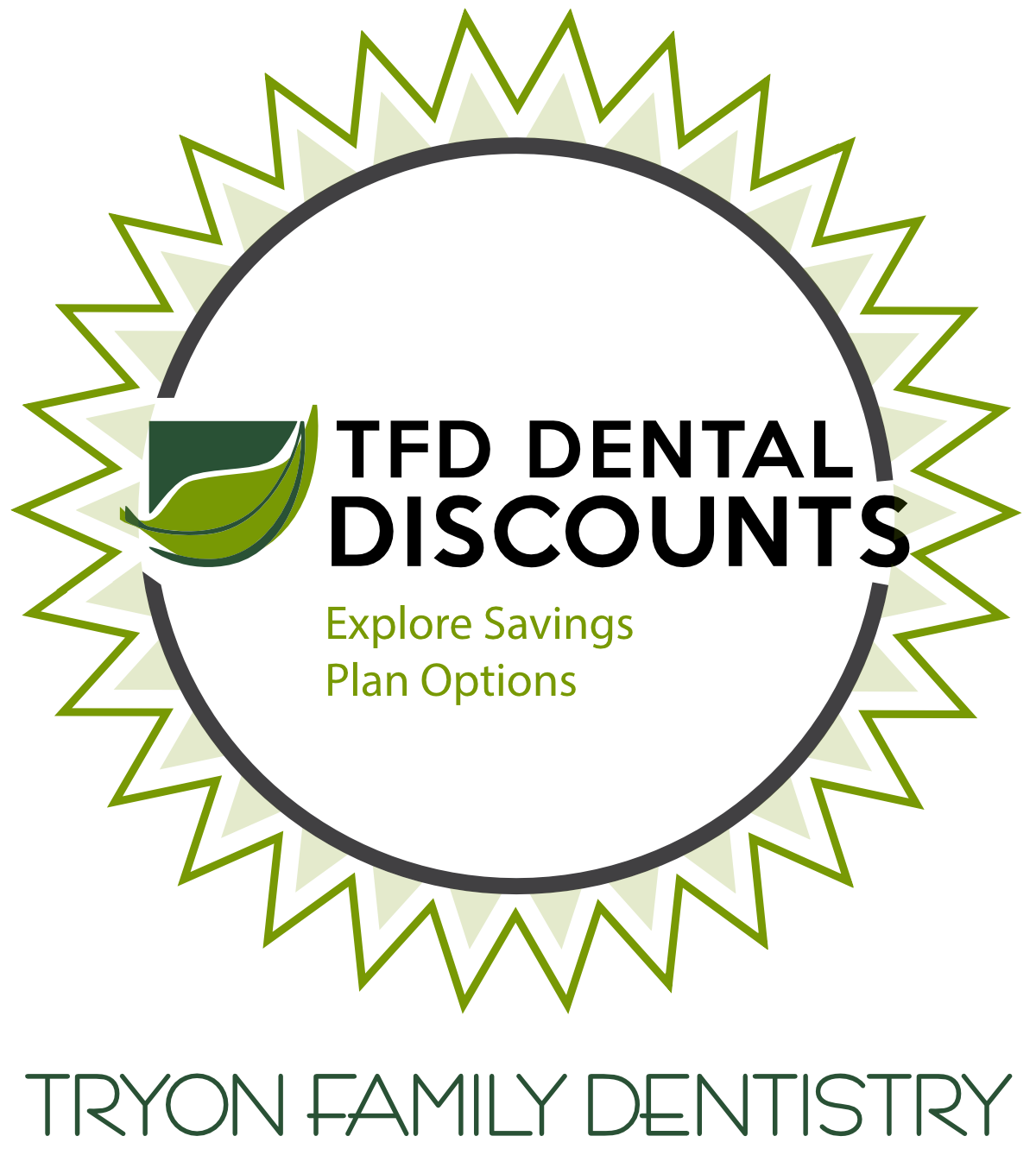If going to the dentist gets you emotionally wrecked then you probably should consider sedation dentistry in Zebulon. Sometimes no matter how many breathing exercises you do and even if you focus on positive images in your mind to help you relax, they’re just not enough to reduce your anxiety and fear. Dental fear is a real feeling. What can you do about it?
Most people resort to evasion, which means they cancel their dental appointments entirely. This only goes to show that their fear got the best of them. Unfortunately, this isn’t the best solution because you’ll put your oral health at risk. Luckily, dentists offer sedation dentistry as a way of taking away your anxiety. It’s a safe and popular option that’s used for a variety of reasons. How it’s used will depend on the intensity of your fear.

Understanding Sedation Dentistry
What Is Sedation Dentistry?
Sedation dentistry is a procedure that involves the use of medications to help you relax and keep calm during a dental procedure. You are usually awake during the procedure except if you are under general anesthesia.
What Are the Different Levels of Sedation?
Your dentist will base the level of sedation on the results of the assessment.
- Minimal sedation – In this type of sedation, you are awake but completely relaxed.
- Moderate sedation – Another term for moderate sedation is conscious sedation. You are awake but you may not remember much of what happened.
- Deep sedation – You are on the brink of consciousness, but you can still be roused.
- General anesthesia – You are unconscious.
What Are the Different Types of Sedation?
- Inhaled Sedation – This form of sedation will require you to breathe nitrous oxide, aka laughing gas, through an oxygen mask that will be placed over your nose. Nitrous oxide can help keep you relaxed. Your dentist will be the one to control how much sedation you’ll get. Since the gas wears off pretty fast, you can drive yourself home after the procedure.
- Oral Sedation – The dose depends on your needs and can range from minimal to moderate. In minimal sedation, you’ll be asked to take a pill. The pill is usually ingested 60 minutes before the procedure. You’ll be awake during the procedure but may feel drowsy. In moderate sedation, the dose is much higher and you’ll feel groggy. Some patients fall into a light sleep.
- IV Moderate Sedation – In moderate IV sedation, the sedative is administered through your vein. Compared to oral sedation, the effect of IV sedation is faster. Since it’s given intravenously, your dentist can adjust the level at any time.
- Deep Sedation – The sedatives used in deep sedation are powerful enough to make you almost or totally unconscious. You’ll experience deep sleep during the duration of the procedure. Under general anesthesia, it will be difficult to wake you until the effects of the drugs have worn off or reversed through medications.
Who Are Ideal Candidates for Sedation Dentistry?
Sedation dentistry is best for people who suffer from severe anxiety or fear to the point where they are willing to risk their oral health rather than go to the dentist. Dental sedation is appropriate for the following people:
- Those who have sensitive teeth
- People with an oversensitive gag reflex
- Individuals who can’t sit still in a dental chair
- Those with a low pain threshold
- Patients requiring multiple dental work at once
Children may also receive dental sedation if they refuse to see their dentist or cooperate during a procedure. Studies show that inhalation of nitrous oxide is generally safe for children. Pediatric dentists receive training to dispense proper doses for oral sedation in children. The dosage is computed by obtaining the child’s weight and age.
Who Can Perform Sedation?
Most dentists are authorized to administer minimal sedation (oral and inhaled). Meanwhile, more and more dentists are giving moderate sedation. Only very few are allowed to provide deep sedation and general anesthesia since they must first complete the Commission on Dental Accreditation or CODA program.
Usually, those who complete this program are dentist anesthesiologists and maxillofacial surgeons. The dental board of each state is responsible for regulating the use of dental sedation. There are states requiring dentists to have permits before allowing them to perform sedation.
Is It Safe?
The most critical question patients want to know is if dental sedation is safe. Generally, dental sedation is safe as long as it is performed by an experienced and skilled dentist. However, there are always risks when getting anesthesia.
Dental sedation is not recommended for patients who suffer from obstructive sleep apnea and those who are obese. We usually advise that you talk to your doctor before considering sedation.

Do You Need Sedation Dentistry in Zebulon?
Although sedation dentistry is a good option for those suffering from dental anxiety, not everyone is an ideal candidate. Talk to your dentist to see if you qualify. At Tyron Family Dentistry, your comfort and safety are our priority.
We offer affordable and customizable dental treatments to address your dental needs. Our team has the knowledge, skills, and experience to provide you with the best possible dental care. Contact us today for an appointment.

